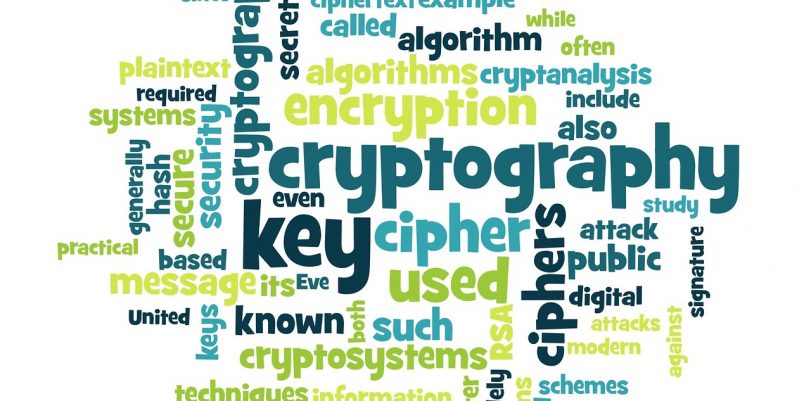If you’ve been using a virtual private network, you’ve been sending all of your internet traffic through a secure virtual tunnel that encrypts your traffic and changes your IP address. This means that your internet service provider, government, or even snoopers at coffee shops and airports can’t decipher your data. It’s easy just to think of encryption as some protective code procedure–but what is it? By understanding VPN encryption a bit more, you can customize your VPN experience to give you better speeds and security.
What does VPN encryption mean? VPN encryption is the symmetric cipher algorithm used by a VPN tunnel to protect your data. When you send your unencrypted data through it comes out unreadable due to the cipher algorithm. Depending on which VPN you use and which encryption they offer, you can have vastly differing experiences (regarding both speed and security).
The most common encryption employed by VPN providers is now 256-AES encryption. 256-AES encryption stands for 256-bit Advanced Encryption Standard, and it’s the most secure encryption available. Some rare VPN providers also offer AES-128–or only offer AES-128. AES-128 isn’t as secure as 256-AES, but it’s still very secure for most purposes. AES-128 also can give better speeds than AES-256 since it doesn’t use as many resources to encrypt data.
The other typical VPN encryption rate is 128-bit Blowfish. This encryption rate isn’t very reliable at all, and you won’t find many VPNs still using it. However, some claim that they use AES-256, but they still use Blowfish encryption. ExpressVPN previously used 128-bit Blowfish for a long time, but recently switched over to 256-AES.
So which VPN encryption should you use and when?
Best VPN encryption rate for speed
If you need pure speed, you might want to consider using a VPN as a proxy–that is, without any encryption enabled at all. However, a lot of major VPNs don’t support taking off encryption since it mostly defeats the purpose of a VPN (security). But if you want to stream Netflix, or watch BBC iPlayer, Hulu, or sports online–consider a VPN like TorGuard, which works perfect for streaming (they are one of the few VPNs that works with Netflix) since you can customize encryption very well.
If you still want encryption, but don’t want to lose much speed at all, you can use 128-AES VPN encryption. This encryption rate is still secure and can give you excellent speeds.
Best VPN encryption rate for security
If you’re worried less about speeds, and more about impenetrable security, you can use 256-AES VPN encryption. 256-AES is as powerful as it gets.
Also, if you have fast internet and a powerful computer, you might not experience much speed loss with 256-AES anyway. I can use 256-AES and still get great ping while gaming, watching Netflix, or streaming YouTube.
Blowfish Blows!
If your VPN only offers blowfish encryption, you might be ready for a new VPN. 128-bit is outclassed by AES encryption in every way. Time for a change? Check out this list we have for the top 5 VPNs.
Have any more questions about VPN encryption? Let us know below!



